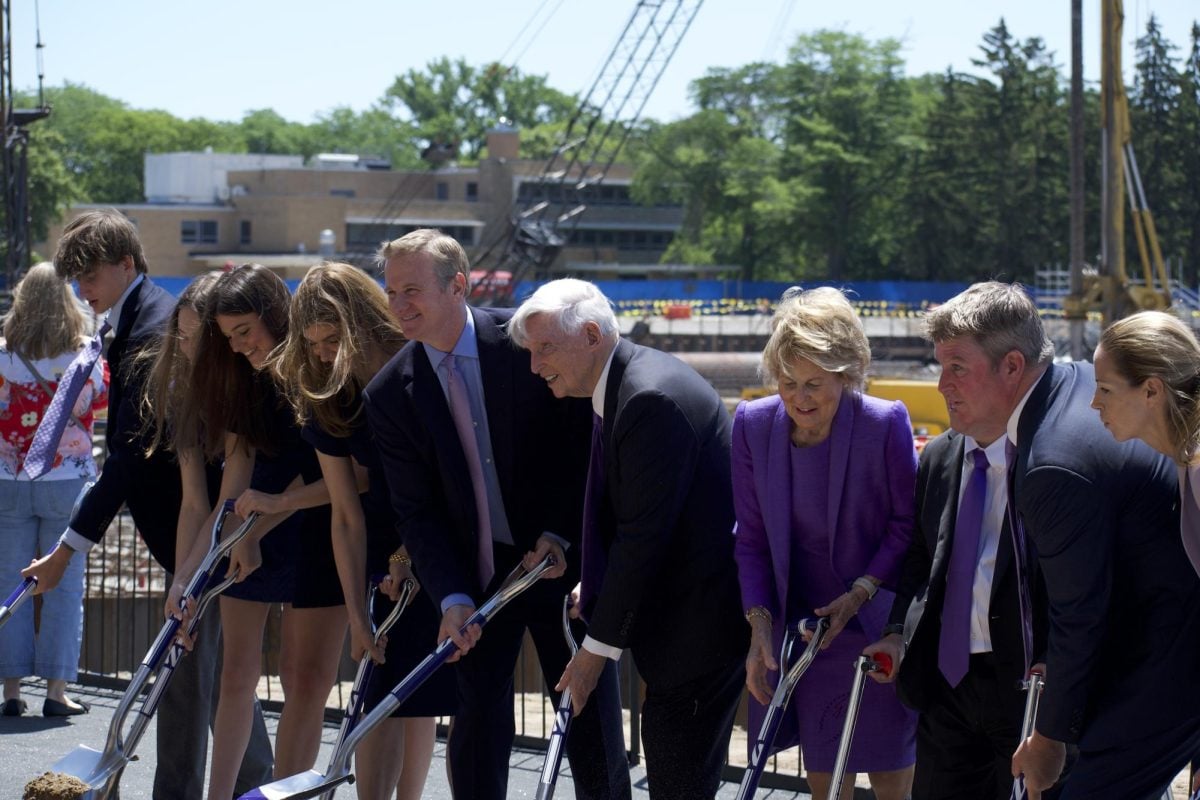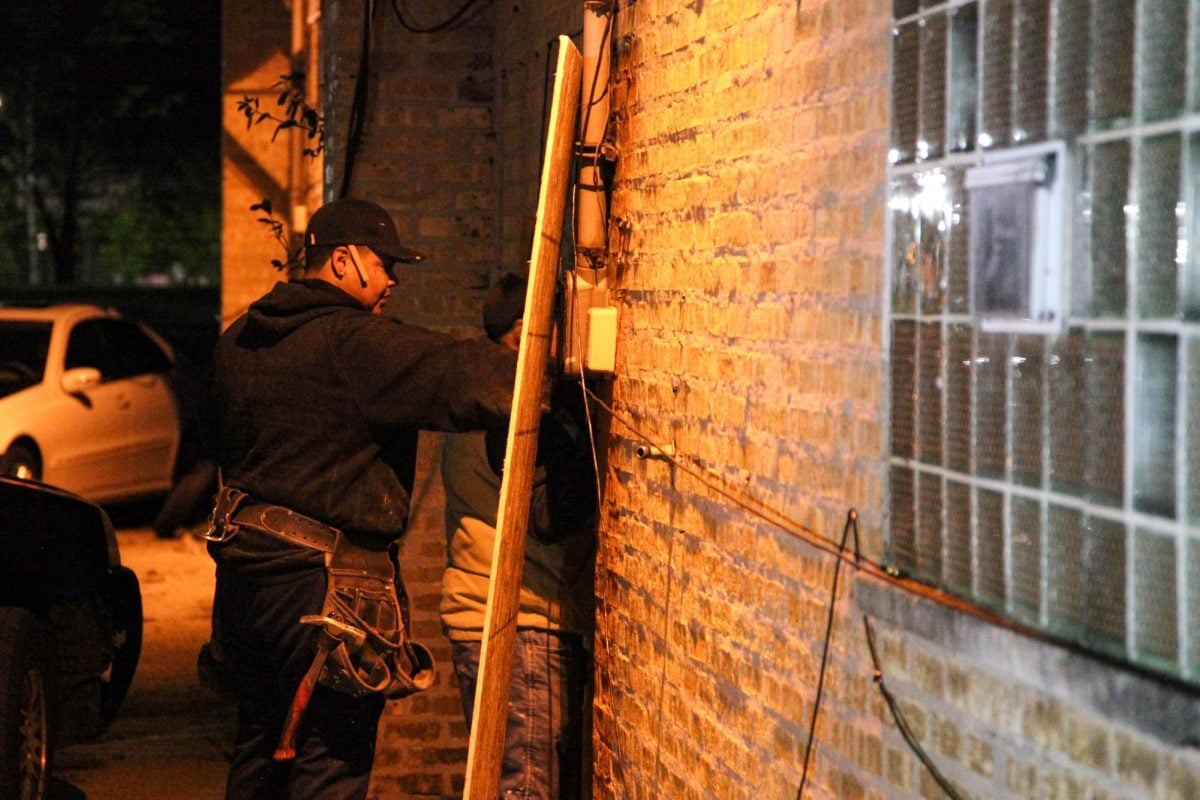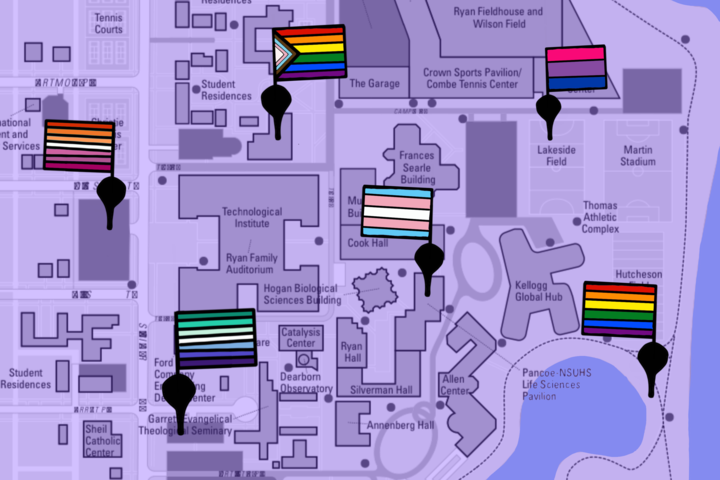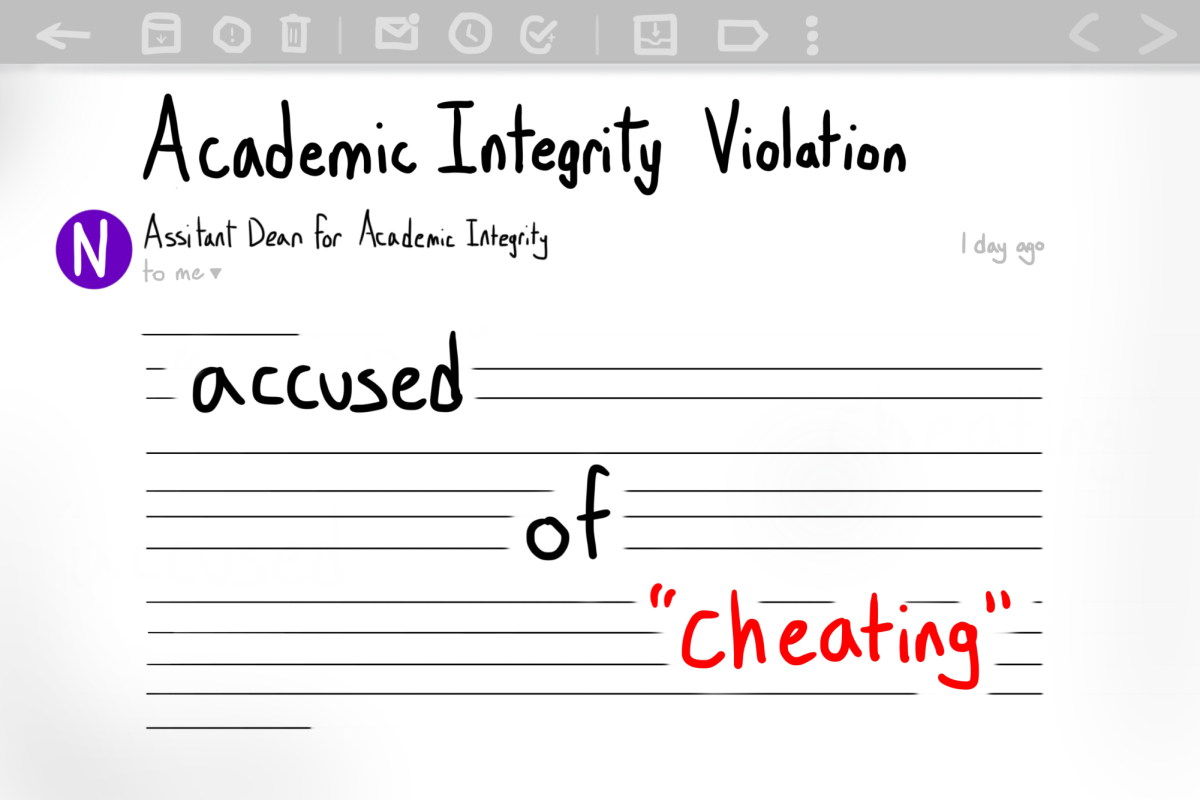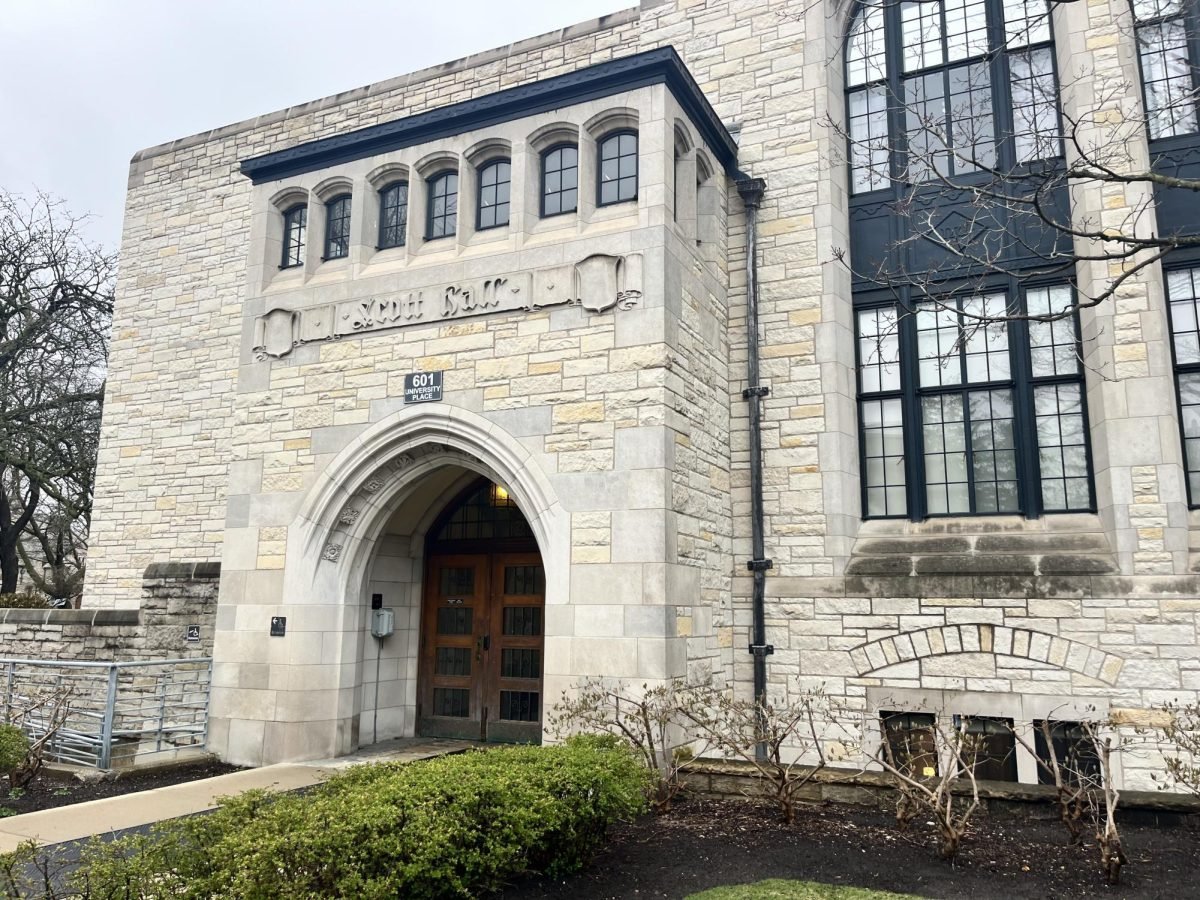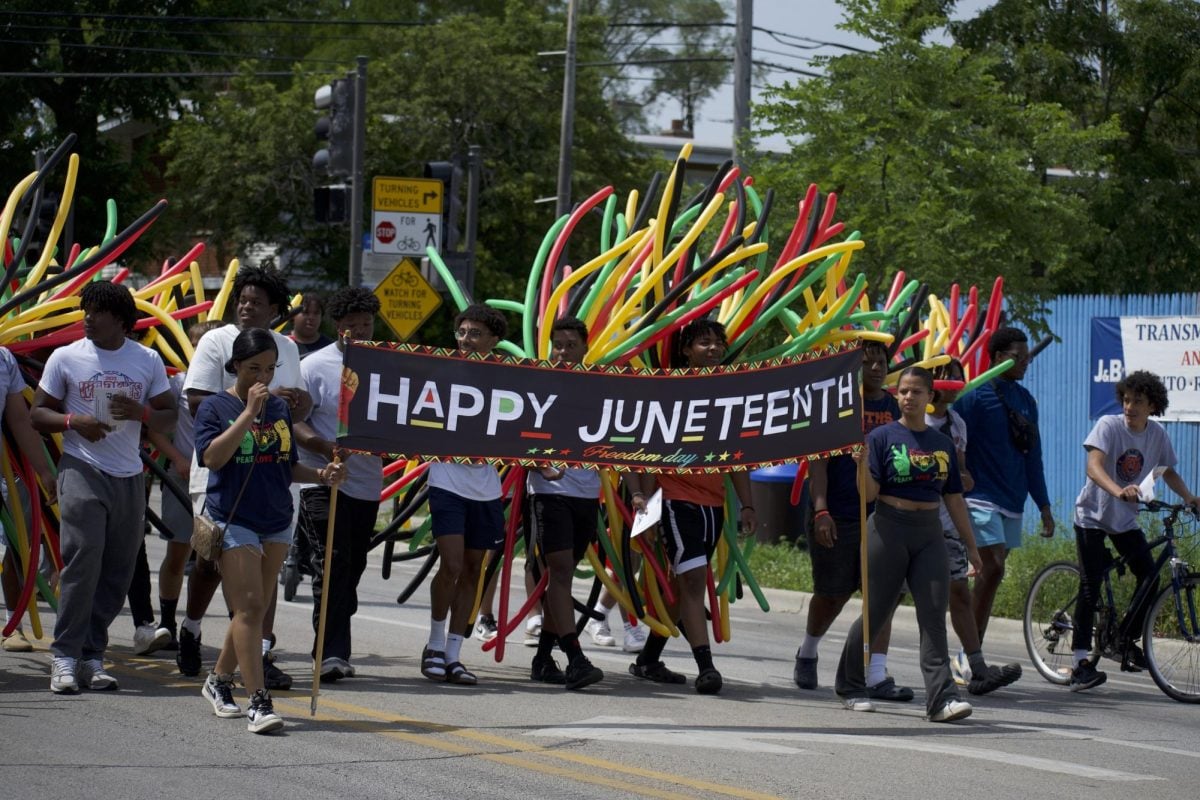Reparations Committee extends contract with nonprofit to distribute housing grants
Daily file illustration by Emma Ruck
The Reparations Committee is seeking applicants for working groups that will focus on economic development, community unity, educational initiatives and housing.
February 2, 2023
The Reparations Committee voted 5-1 Thursday to extend its contract with affordable housing group Community Partners for Affordable Housing for 90 days, meaning CPAH will temporarily continue managing housing grants for Evanston’s Restorative Housing Program.
In January 2022, the committee first approved CPAH to help reparations recipients manage and spend their $25,000 housing grants.
So far, 16 residents have received the money. Only those in the program’s “Ancestor” category — Black residents who lived in Evanston between 1919 and 1969 — are currently receiving payments. The grant can go toward a down payment on a home purchase, mortgage payments or home renovation.
106 people in the Ancestor category remain on the waiting list. The committee settled on a 90-day extension with CPAH before determining the next step.
“I’m for extending the contract for three months to keep the (reparations) process moving forward,” committee member Bonnie Lockhart said. “We will be able to help out Ancestors in the short (term).”
CPAH President Rob Anthony said the organization is happy to handle mortgage payments, but can likely only handle one home rehabilitation project a month.
Anthony said CPAH has three full-time construction managers who have heavy workloads.
“We don’t have the capacity with three staff to manage the other construction work we’re doing and take on two to three new projects per month,” Anthony said.
Lockhart said the committee should reach out to those in the Ancestor category to learn about their needs and expectations for the program. That way, CPAH will know how many residents are in need of construction projects.
In January 2022, the Reparations Committee determined the order for grant payment using a random process.
But Evanston’s director of parks and recreation Audrey Thompson suggested changing that order: since the construction projects CPAH provides will take more time than completing mortgage payments, she said those interested in having mortgages paid could be moved up.
“If Number 80 would like to have their mortgage paid, they may receive their reparations payment prior to someone who was Number 18,” Thompson said. “When it comes to construction (payments), we know the challenges that come along with that.”
Committee member Claire McFarland Barber, however, pointed to potential legal issues with the idea. She said she understands the desire for expediency, but the order has already been set in place.
“(The program) is new, and we’re learning,” McFarland Barber said. “But I don’t think we can change up midway.”
According to McFarland Barber, many residents have reached out to her about their frustrations with the order, citing old age and pressing health issues. She said the committee should consider these factors when Evanston begins future reparations programs surrounding economic development and education.
Committee member Carlis Sutton opposes extending the CPAH contract. He said recipients have told him the distribution process seems slow.
“It would be more appropriate if we can get the city manager’s office to get a job description for a contact manager and put (money) in hiring the person to implement our program,” Sutton said.
Committee member and former 5th Ward councilmember Robin Rue Simmons said she supports finding a mechanism to fund the position.
But Thompson said hiring is difficult, pointing to her department, which currently has several job openings. Finding the right person for the job may take longer than 90 days, she said, especially when funding for the position is unclear.
Ald. Krissie Harris (2nd) said she agrees with extending the contract to keep the program moving and reinvestigating after 90 days.
“Leaving it at 90 days gives us … the time to negotiate both sides,” Harris said. “Let’s start there, and we can come back to the table in 90 days.”
Email: [email protected]
Twitter: @JessicaMa2025
Related Stories:
— ‘Too little, too late’: Black residents disillusioned by pace of Evanston reparations program
— ETHS staff say the school teaches about reparations. Some students say they haven’t learned enough.
— Reparations Committee discusses funding, resident experiences with reparations


